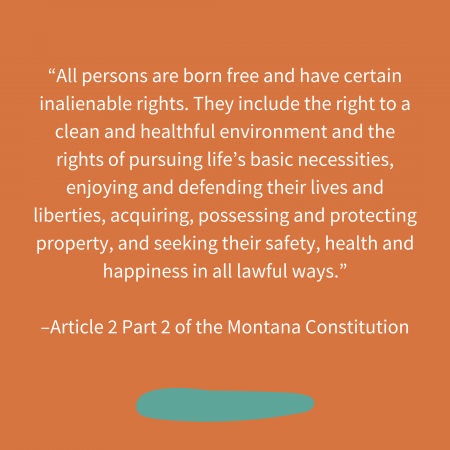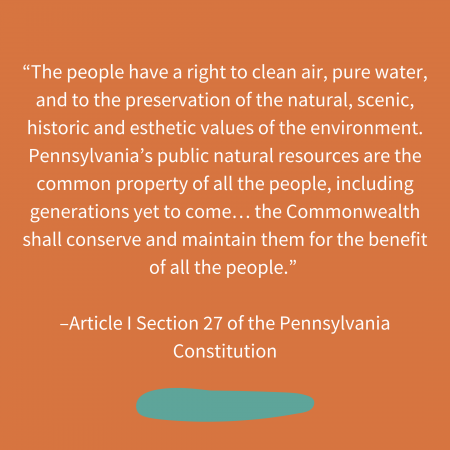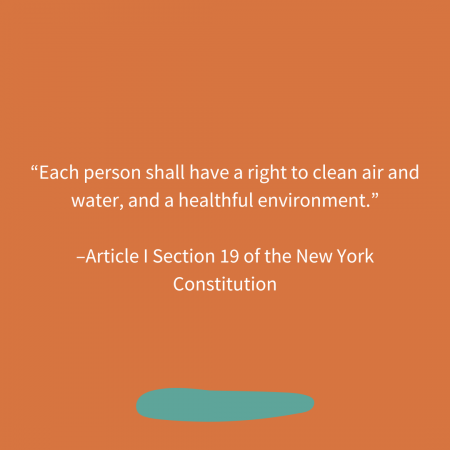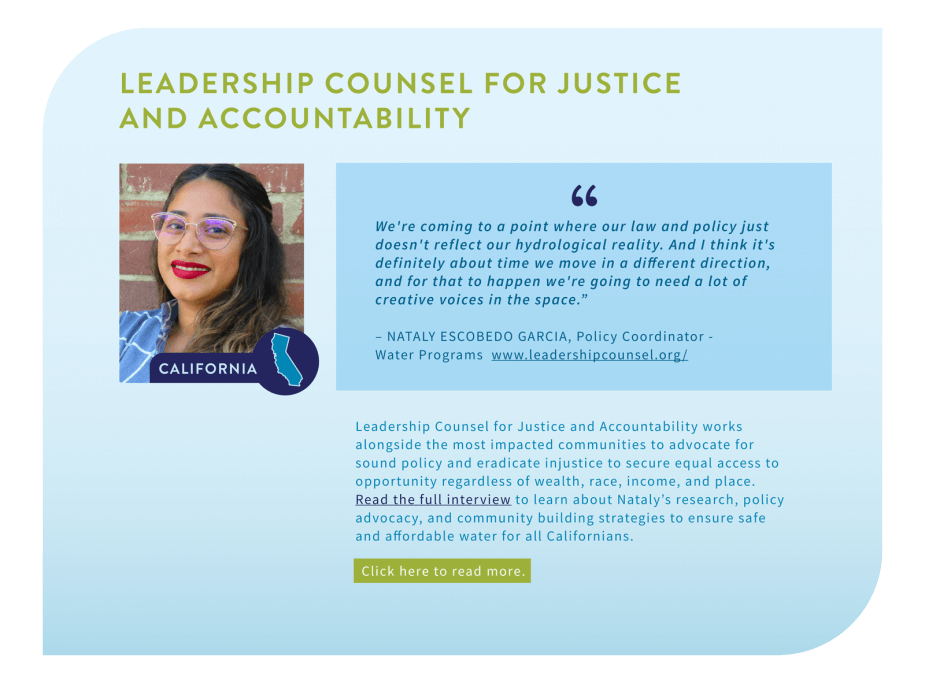State Action on Water Access
What’s the Issue?
Water quality, quantity, and well-functioning infrastructure all contribute to water accessibility. The Center for Water Security and Cooperation (CWSC) defines access to water as “having in-home, reliable availability of sufficient water to meet domestic needs safely.” Shockingly, more than 2.2 million Americans lack access to running water or basic plumbing, and 44 million more access water that is not safe to drink. An estimated 12 percent of tribal homes lack access to safe water or adequate sanitation, which is 20 times higher than the percentage for non-tribal homes. Water access and affordability are closely linked in the United States, since an inability to pay for water typically results in water shutoffs, denying people access to safe, clean drinking water.
The United Nations recognizes that access to water and sanitation are human rights. In the United States, two states, California and Virginia, have passed legislation affirming the human right to water, and some states have environmental rights or green amendments within their constitutions. Green amendments are currently included in the Bill of Rights section of Pennsylvania and Montana’s constitutions, securing individual rights to pure water—among other environmental rights—and putting the onus on the State as the trustee. This ensures natural resources like clean water are protected for current and future generations.
In recent years, cases in Pennsylvania have successfully used the Green Amendment to address disparate environmental pollution impacts from oil and gas development (Robinson Township et al. v. Commonwealth) and to assert that funds from the lease of land for oil and gas extractions cannot be diverted to the General Fund, but rather fund conservation and maintenance purposes (Pennsylvania Environmental Defense Foundation v. Commonwealth of Pennsylvania). Delaware Riverkeeper, Maya van Rossum, founder of the national Green Amendment movement and 2020 River Hero, encourages communities across the country to secure green amendments in their states, and many have proposed green amendments in recent years. Some states include broader “environmental rights” in other sections of their constitutions, which could be another effective tool to leverage when advocating for access to clean drinking water.
Examples of State Policy
Human Right to Water
- California: In 2012, California passed a bill declaring that, “every human being has the right to safe, clean, affordable, and accessible water adequate for human consumption, cooking, and sanitary purposes.” Drinking water advocates have leveraged this right to create follow up legislation to advance access and affordability in the state.
- Virginia: In 2021, the state legislature passed a resolution establishing that access to clean, potable water in amounts that will ensure an acceptable standard of living is a necessary human right.
Green Amendments



Environmental Rights
- Massachusetts: “The people shall have the right to clean air and water, freedom from excessive and unnecessary noise, and the natural, scenic, historic, and esthetic qualities of their environment; and the protection of the people in their right to the conservation, development and utilization of the agricultural, mineral, forest, water, air and other natural resources is hereby declared to be a public purpose. The general court shall have the power to enact legislation necessary or expedient to protect such rights.”
- Illinois: “Each person has the right to a healthful environment. Each person may enforce this right against any party, governmental or private, through appropriate legal proceedings subject to reasonable limitation and regulation as the General Assembly may provide by law.”
- Hawaii: “Each person has the right to a clean and healthful environment, as defined by laws relating to environmental quality, including control of pollution and conservation, protection and enhancement of natural resources. Any person may enforce this right against any party…”
Lessons from the Network
 Additional Resources
Additional Resources
- Circle of Blue, Timeline: California Human Right to Water. (2017)
- ACLU of Northern California and Pacific Institute, A survey of efforts to achieve universal access to water and sanitation in California. (2018)
- National Congress of American Indians. Indian country budget request FY2019, Environmental Protection. (2018)
- Burgess, K. National Caucus of Environmental Legislators. Breaking down state Green Amendments. (2019)
- Dig Deep and US Water Alliance: Closing the water access gap in the United States: A national action plan. (2019)
- For the Generations fact sheet on Green Amendments. (2020)
- Meehan, K., Jurjevich, J.R., Chun, N.M.J. & Sherrill, J.Geographies of insecure water access and the housing–water nexus in US cities. Proceedings of National Academy of Sciences. (2020)
- Bell, C. NRDC. Every state should have a right to a healthy environment. (2021)
- Rockefeller Institute of Government’s Center for Law & Policy Solutions: The precedents and potential of state Green Amendments. (2021)
- The Center for Water Security and Cooperation’s discussion paper: Access defined: Linking source, shelter, and service. (2021)
- The National Law Review’s Green amendments: A fundamental right to a healthy environment? (2021)
- The Center for Water Security and Cooperation’s American Water Access Survey. (2022)





